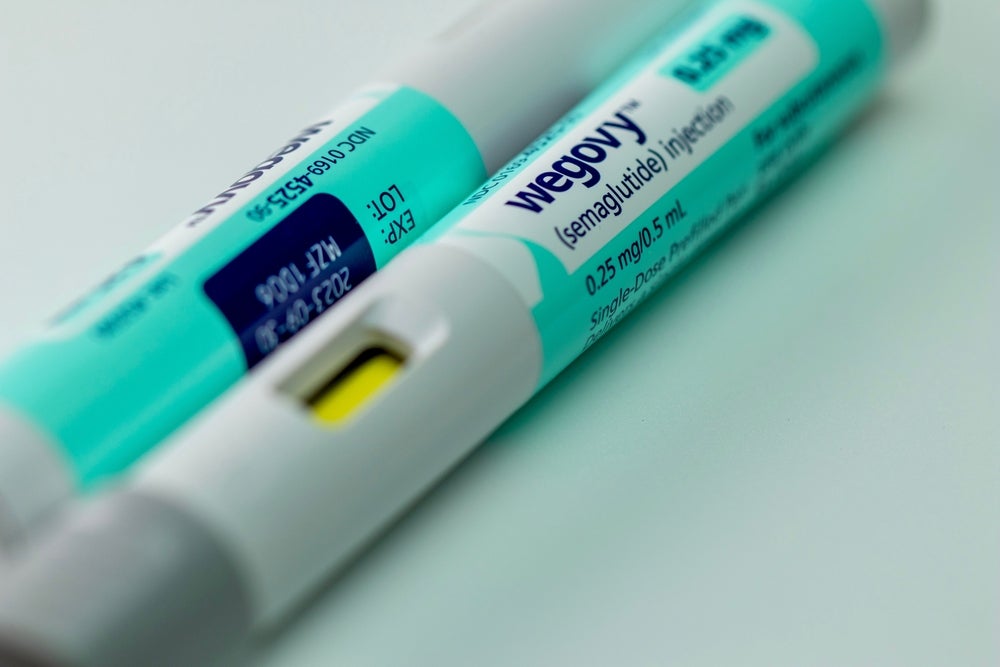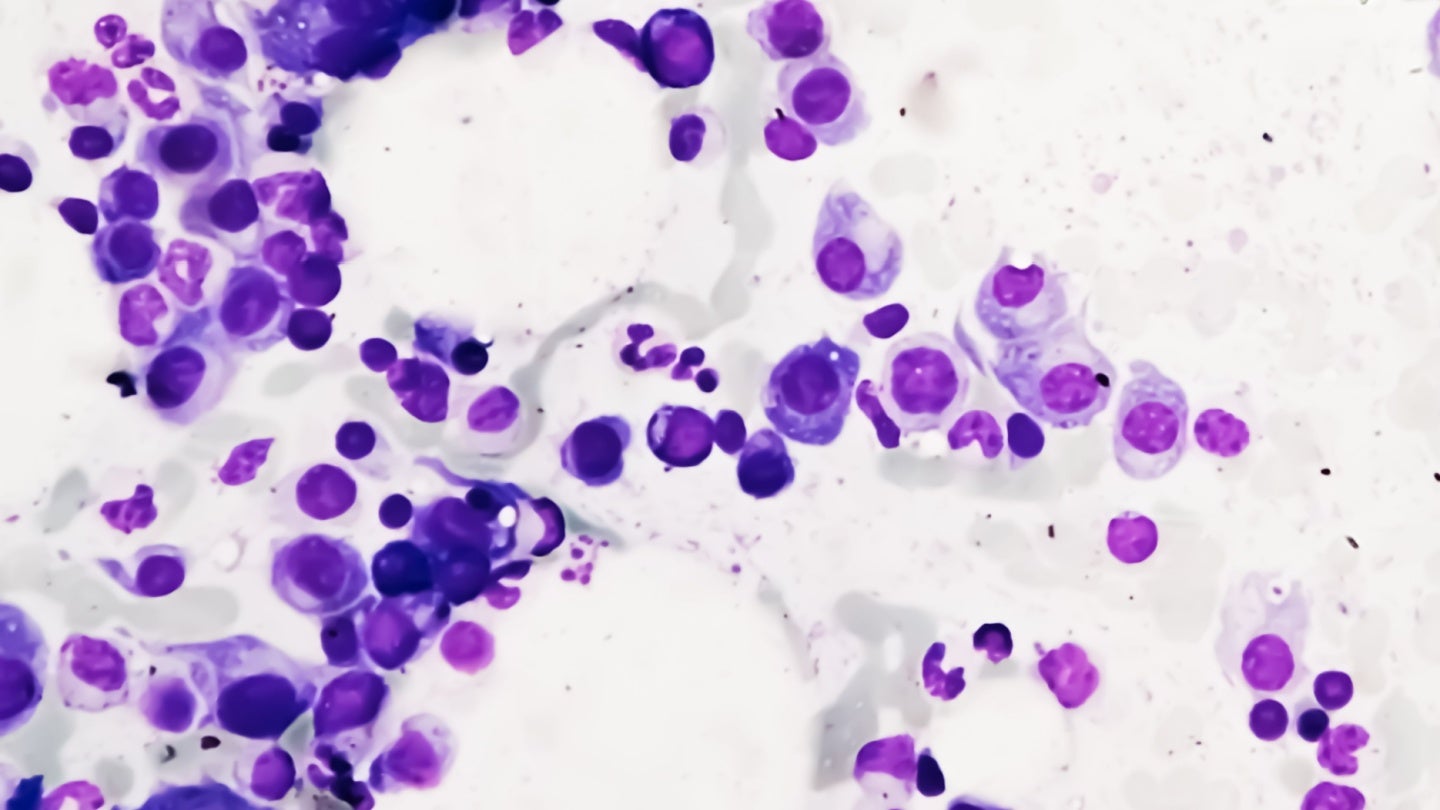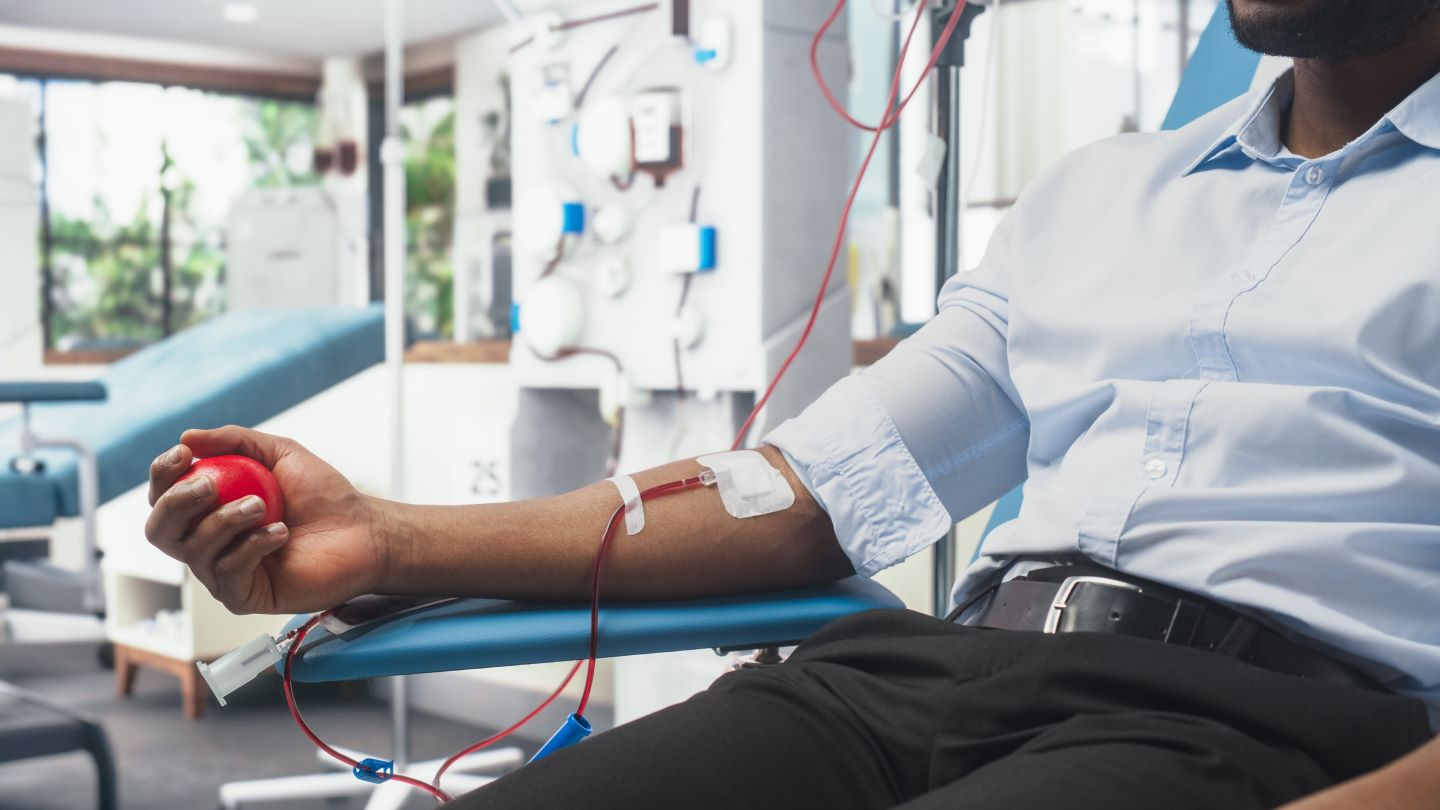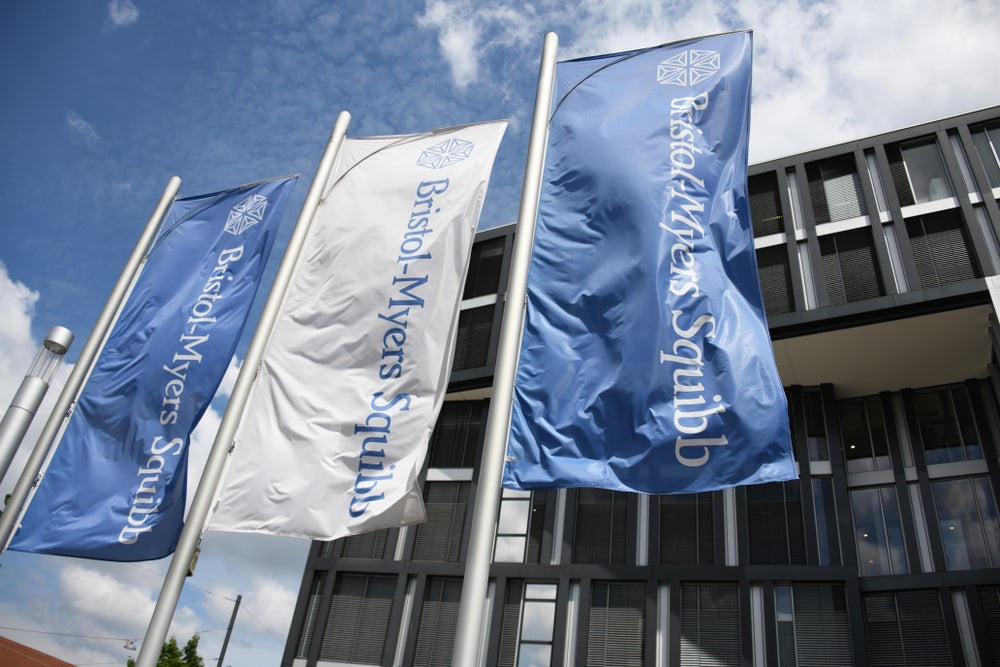Signal: Serum Institute of India plans to increase global reach
Serum Institute of India, a vaccine manufacturer, has historically focused on selling low-cost vaccines both nationally and to other lower-income countries. That might be about to change, according to Bloomberg. Serum is India’s largest private company and was vital to India’s Covid-19 vaccine development and rollout, manufacturing the Oxford-AstraZeneca vaccine under the name Covishield. Now, it is looking to grow its client base in wealthier nations. Over the next three years, it also hopes to market yellow and dengue fever shots to European and American travellers, which are compulsory for travel to countries where these diseases are endemic. At least 20 countries in sub-Saharan Africa require a yellow fever vaccination certificate for entry, and the two inoculations are heavily recommended for entry into many more, as well as some South American nations. This does not mean that Serum is abandoning its traditional market, however. It is currently working on a TDAP vaccine intended for use in both low and higher-income nations. TDAP, given in early adolescence, targets three particularly vicious diseases: tetanus, diphtheria and pertussis (whooping cough). Serum’s TDAP vaccine is currently in Phase III trials in India, and the company’s CEO, Adar Poonawalla, told Bloomberg that it is expected to reach European and American markets in the next two years. According to GlobalData’s patent database, the company notes that its use of wP antigens over aP in its TDAP vaccine allows it to bring down costs as they are 10-30 times cheaper. Serum argued that this makes its vaccine “better suited for use in the public sector of low-resource countries”, giving an indication of its intended use case. The company has also recently received WHO recommendation for its malaria vaccine developed in partnership with Oxford University. The R21 vaccine will be used to help meet excess demand for malaria vaccines, as GSK’s RTS,S is currently unable to be produced at a large enough scale. It follows the company’s traditional model of low-cost vaccines, costing only $2-4 per dose. Our signals coverage is powered by GlobalData’s Thematic Engine, which tags millions of data items across six alternative datasets — patents, jobs, deals, company filings, social media mentions and news — to themes, sectors and companies. These signals enhance our predictive capabilities, helping us to identify the most disruptive threats across each of the sectors we cover and the companies best placed to succeed.
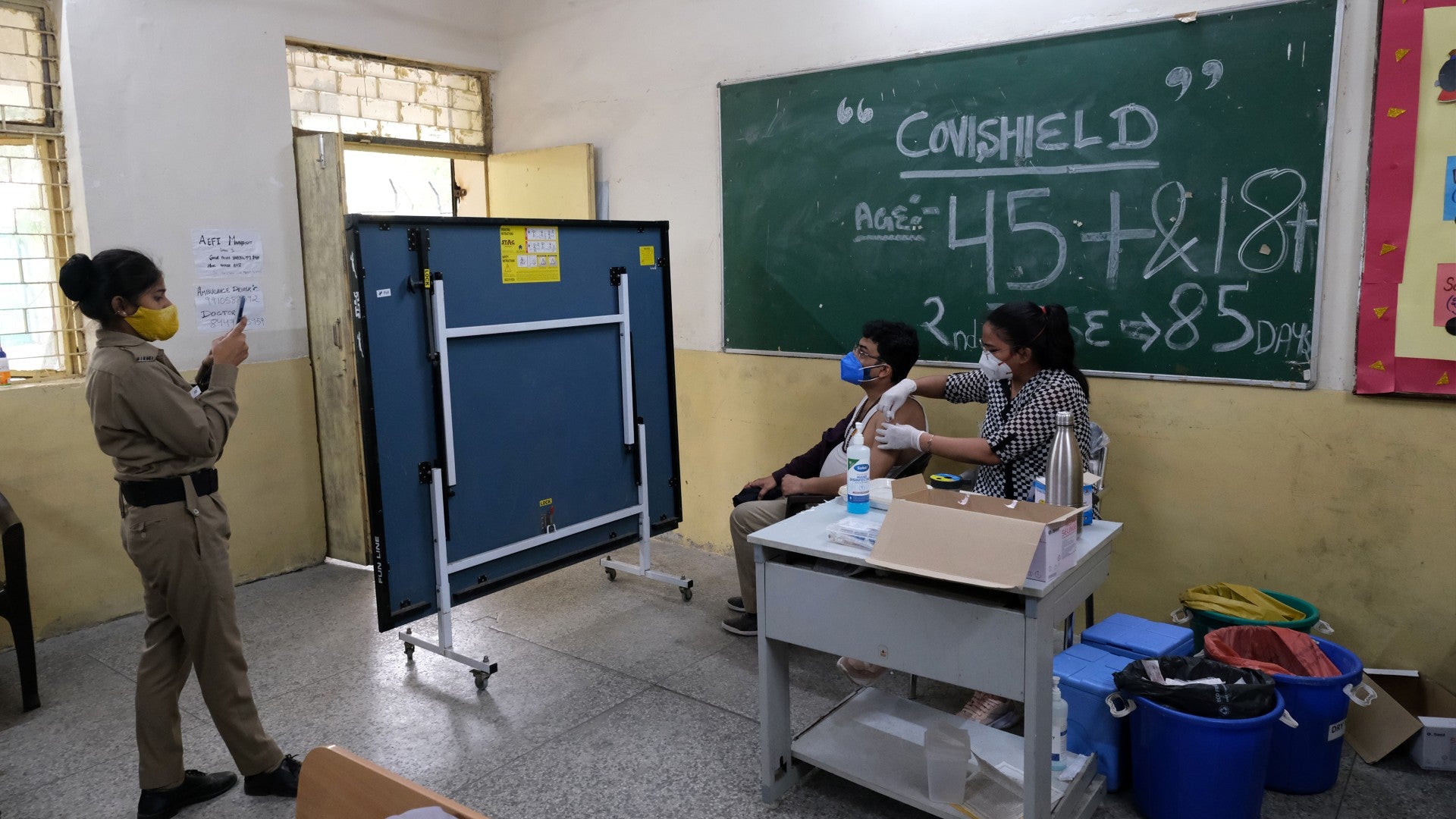
What's Your Reaction?








